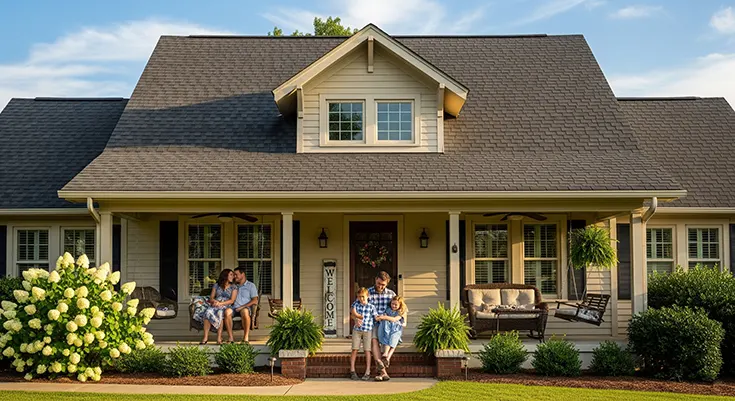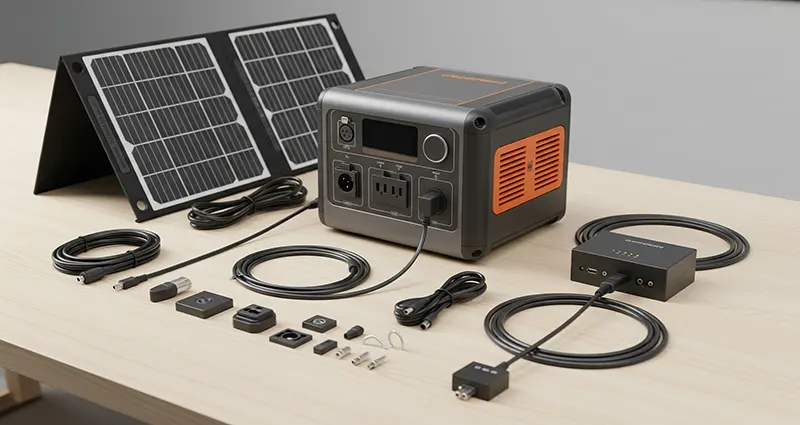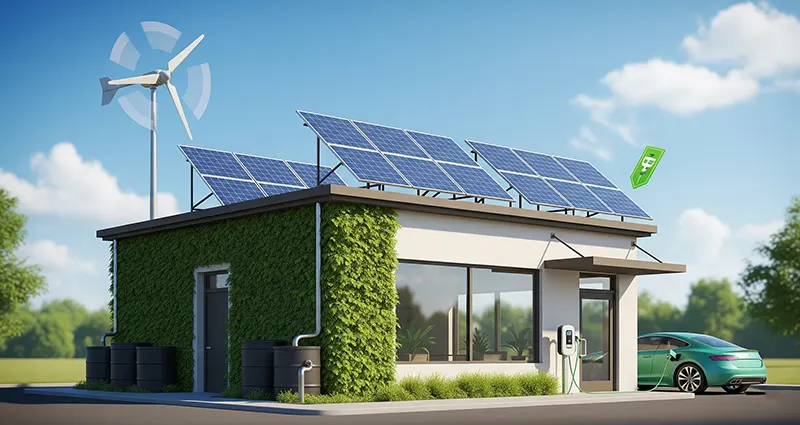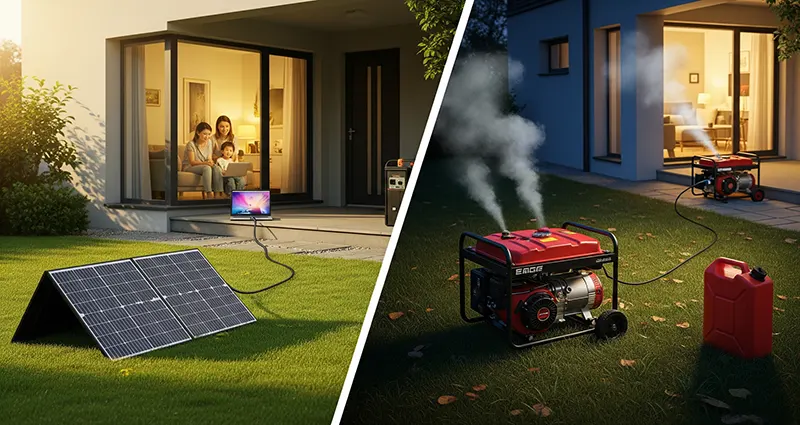Essential Accessories That Improve Overall Powder Coating Equipment Performance
Fluidizing Hoppers That Maintain Consistent Powder Flow
Fluidizing hoppers keep powder evenly aerated so it can flow smoothly through the lines of a professional powder coating gun. Instead of allowing powder to clump or compact, these hoppers introduce a controlled air stream beneath the material. This movement ensures an even texture throughout the entire batch, resulting in uniform spray density and a cleaner surface finish.
Inconsistent powder flow can ruin an otherwise perfect coating setup. Hoppers made from stainless steel or high-grade polymer resist static buildup and prevent contamination. Within an industrial paint booth, these accessories make it easier to coat intricate surfaces and achieve even coverage across all parts, reducing waste and maintaining consistent electrostatic charge distribution.
Multi-stage Filtration Systems for Cleaner Exhaust Cycles
A powder coating booth equipped with advanced filtration ensures clean air circulation during high-volume operations. Multi-stage filtration systems capture overspray and airborne particles through … READ MORE ...















